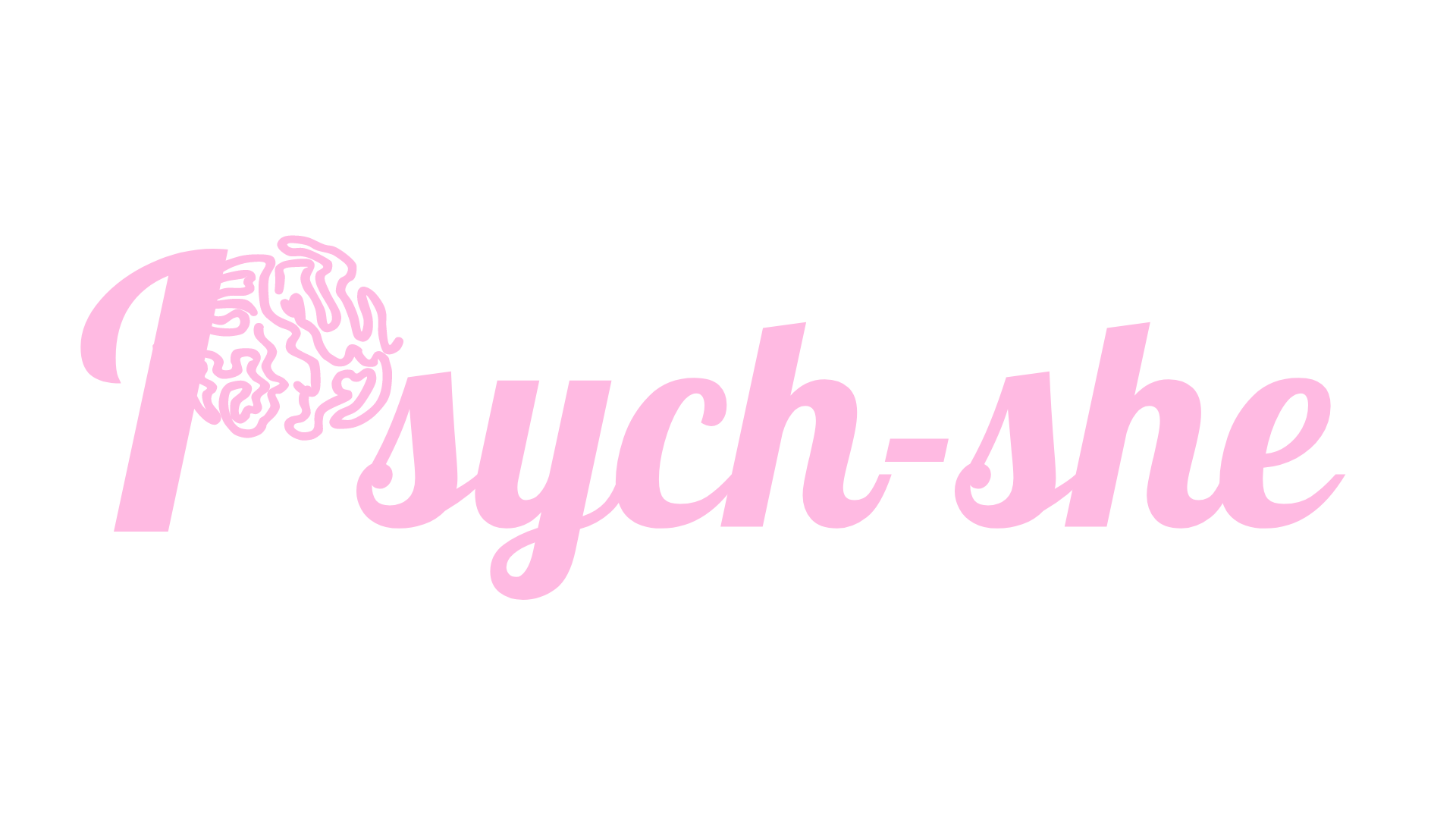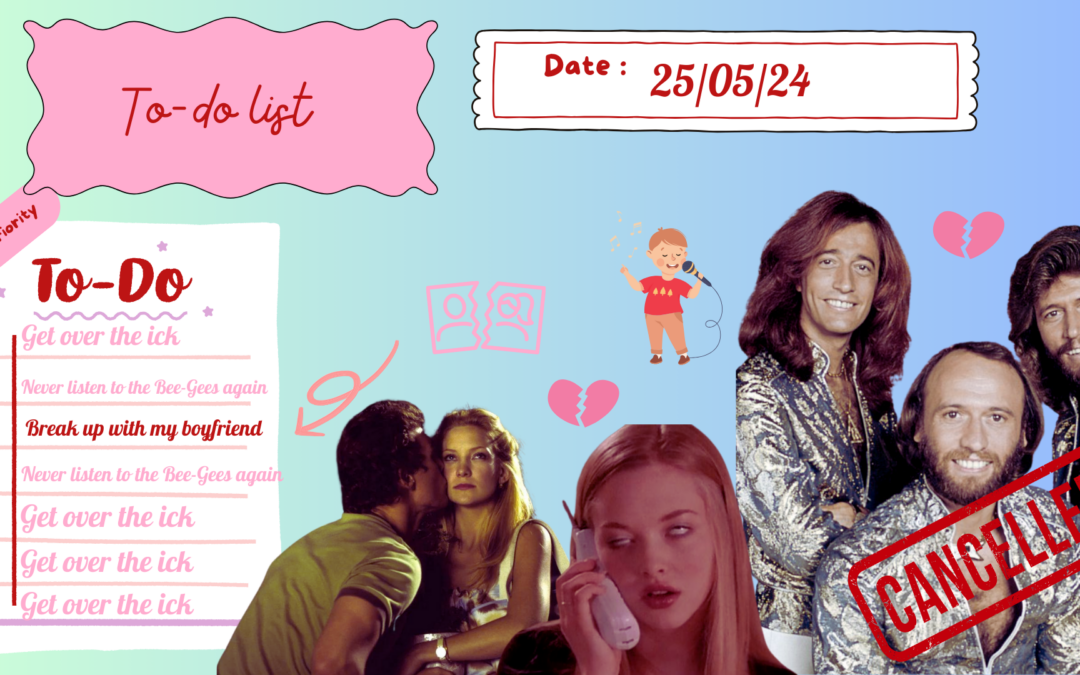Have you ever wondered if being the ‘nice girl’ hinders your potential to find a romantic partner? Psych-She’s Chloe Evans definitely does, and she delves into why this could be.
I know you’re all thinking this headline must be some sort of clickbait, because why would you not want to be branded as ‘the nice girl’ when there’s a whole host of worse adjectives that could be used.
I know that if I asked a handful of my nearest and dearest to describe me in three words, I can guarantee that every single one of them would go for a variation of ‘nice’, whether it be ‘kind’, ‘caring’, ‘generous’ or ‘friendly’.
Don’t let me ignore the fact that I know that my best friends would have so many other things to say than that, although I can see ‘nicest girl ever’ etched onto my tombstone.
I can welcome it when my loved ones are showering me with compliments about my nice-ness, and I’m so glad that they perceive me in this way because all I want to do is be the best version of myself that I possibly can. It only ever irritates me when it is used in a romantic capacity.
“Our society uses the term ‘nice’ in a multitude of ways that go beyond the original definition of pleasant, agreeable, or satisfactory,” says Jenny Flora-Wells, a licensed holistic therapist.
“Recent uses of the word can be interpreted as a way of calling someone boring, bland, or lacking interest.”
“It is very common for people to feel hurt when labeled as ‘nice’ in friendships and romantic relationships. Especially among younger generations, in the context of relationships it can mean that you don’t dislike the person, but it’s not someone that resonates for you or brings you that excitement.”
When I hear a man utter the word ‘nice’, I feel a small shiver flutter down my spine and the heat rises into my cheeks, but not for the reasons it should.
It must stem from when I was an insecure teenager and I would respond to my crush’s measly ‘X for a line’ post on Snapchat. I would eagerly await a reply and when it arrived in my inbox I would half-swipe, half anticipating some sort of confession of love (even though my 14-year-old brain should not have been craving any validation from silly school boys) but I was always just greeted with the same underwhelming response: ‘seem sound, should talk more x’.
I’m the pal: the one that engages in friendly conversation with men which rarely crosses the border into flirty banter territory, biding the time until he says ‘your mate is so fit, is she single?’.
I probably sound like I’m fishing for compliments, because I’m sure there’s people that would love to be showered with such kindness, especially when men could have much worse to say. But for me, it just makes me stop and think about everything that I’m not: I have to rack my brains to think of a time a man has given me a compliment that’s made me feel desirable, or anything more than just plain old ‘nice’.
“I find that people who are struggling with the friend zone typically have issues with people-pleasing tendencies. A people-pleaser is a person who strives to please others, often at their own expense,” Flora-Wells continues.
“For most individuals, we intuitively sense the people around us subconsciously. Especially with romantic relationships when we are diving deeper into connection, we pick up on cues and can sense when someone isn’t being authentic. It is not possible to please everyone around us all of the time.
“We are communal beings and thrive on that genuine and exciting connection. When one isn’t feeling fulfilled in that way, they will subconsciously label the person into the friend zone category.”
I am a firm believer (and have discussed this topic monotonously over a bottle of wine with the girls) in the box theory, which states that ‘when a guy meets a girl in a romantic setting so on a dating app date or a blind date or something − he will put her into one of three boxes. He wants to date her, he wants to sleep with her or he wants nothing to do with her.’
If this theory speaks the truth, then there’s clearly a fourth box that has been invented for me that just says ‘nice’.
It does reach a point where I wonder if there will ever come a time when men see me differently; I wouldn’t say it impacts my mental health as such, but it does have an effect on the way I view myself and my romantic success.
“When someone wants to be seen as sexy or desirable but feels they’re only viewed as nice, it can hurt their self-esteem and make them feel inadequate,” explains Sumarie Engelbrecht, a licensed counsellor.
“Constantly being labeled this way can shape how they see themselves, causing them to internalise this identity and suppress other traits they want to show. This pigeonholing can also impact their relationships, leading to frustration or resentment if they feel their other qualities are ignored.”
That’s the main issue: whilst I can revel in the fact that everyone loves my qualities, I think I’m just ready for someone to realise that yes, I am kind and caring and no, I can’t flirt for shit unless I’ve consumed at least 5 gins but it doesn’t mean I wouldn’t make a really ‘nice’ girlfriend one day.
Expert insight: Jenny Flora-Wells
Jenny is a licensed holistic therapist who specialises in trauma and types of trauma.
Expert insight: Sumarie Engelbrecht
Sumarie is a counscellor and licensed mental health professional who guides people towards emotional wellbeing.




